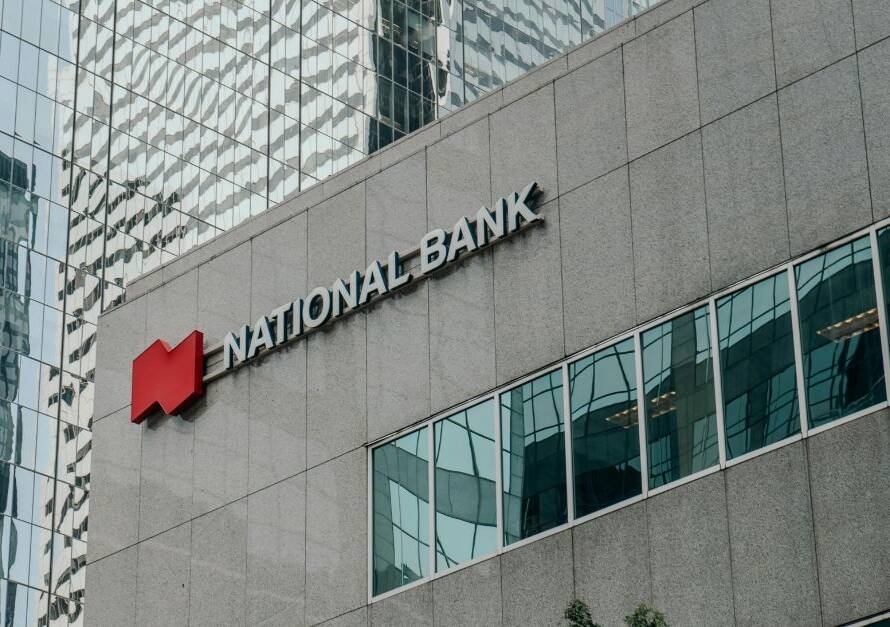You have no doubt seen media coverage of so-called “thought leadership” pieces issued by Canada’s big banks. RBC in particular is quite prolific, just recently putting a piece out regarding postsecondary education.
Media generally provides uncritical coverage of these reports, as you can see in this Globe piece regarding the recent report. After all, “thought leadership” is neutral, right? No counterpoints are sought, even though the RBC’s recommendations involve trade-offs in resource allocation and rely on an implied vision of Canada and its economy that is, unsurprisingly, good for RBC’s business interests.
For our issue area, this bias has shown through most strongly in recent pieces by the banks on LNG. Both RBC and National have issued pieces about LNG and gas (for example, here, here, and here) that make claims about it being good for the climate due to its ability to displace higher-carbon coal around the world.
Yet, the pieces suffer from both a lack of economic analysis – LNG only replaces coal at scale at prices too low for Canadian projects – and insufficient sourcing of the life cycle emissions of LNG, since there is a wide variation when claiming emissions gains. That’s pretty basic stuff.
Again, it is not hard to see the bank’s incentive to do this. Both banks have extended billions in financing for LNG projects over the past few years, with RBC being a top-20 LNG financier globally.
Because both RBC and National are registered in Quebec, we recently asked the securities regulator, the Autorité des marchés financiers (AMF), to pass judgement regarding whether these thought pieces should be considered marketing documents by the banks, subject to standards of veracity and completeness of securities law. If so, this could be the kind of greenwashing transgression that the Canadian Securities Administrators (CSA) has expressed concern about, opening the door to enforcement action.
Finally, as economic stewards, one might initially be surprised that Canada’s banks aren’t joining other analysts in warning investors about the coming LNG glut due to a massive global overbuild over the past few years. Then again, this silence speaks to the banks’ short-term incentive structure – they make money no matter what in their financing of LNG, since they aren’t the ones left holding the bag should assets become stranded.



